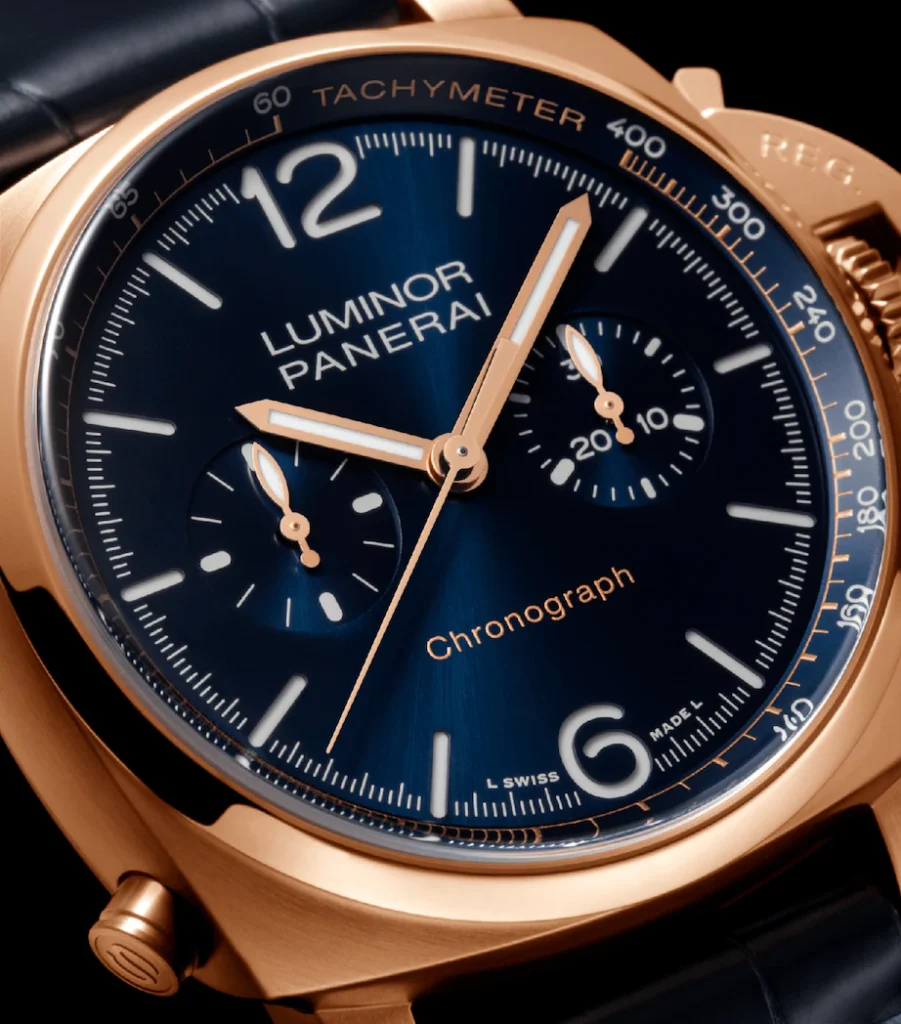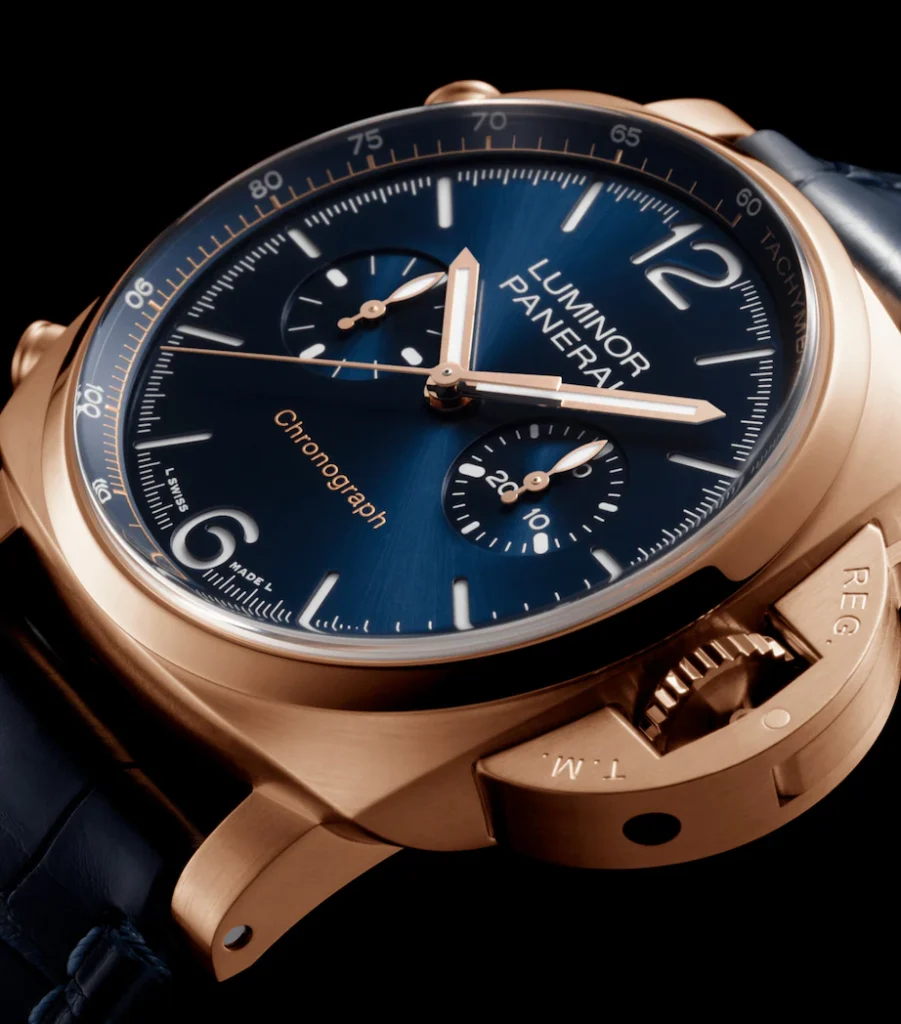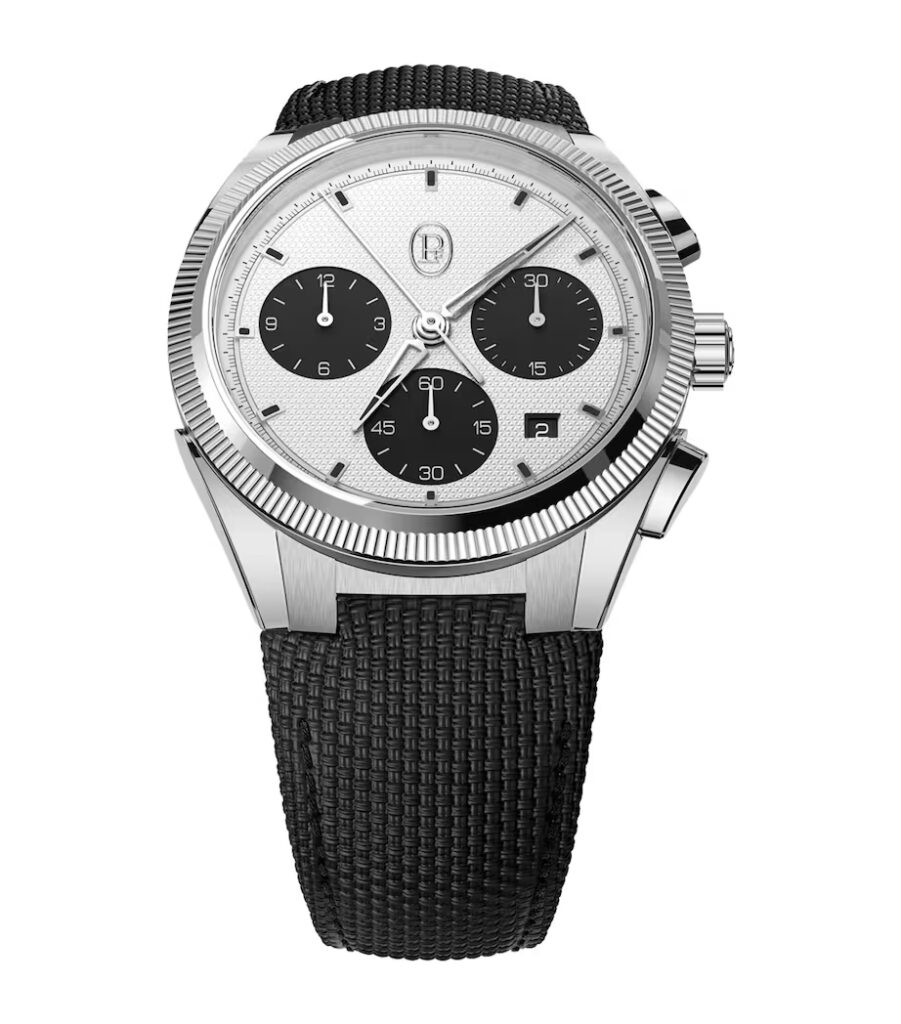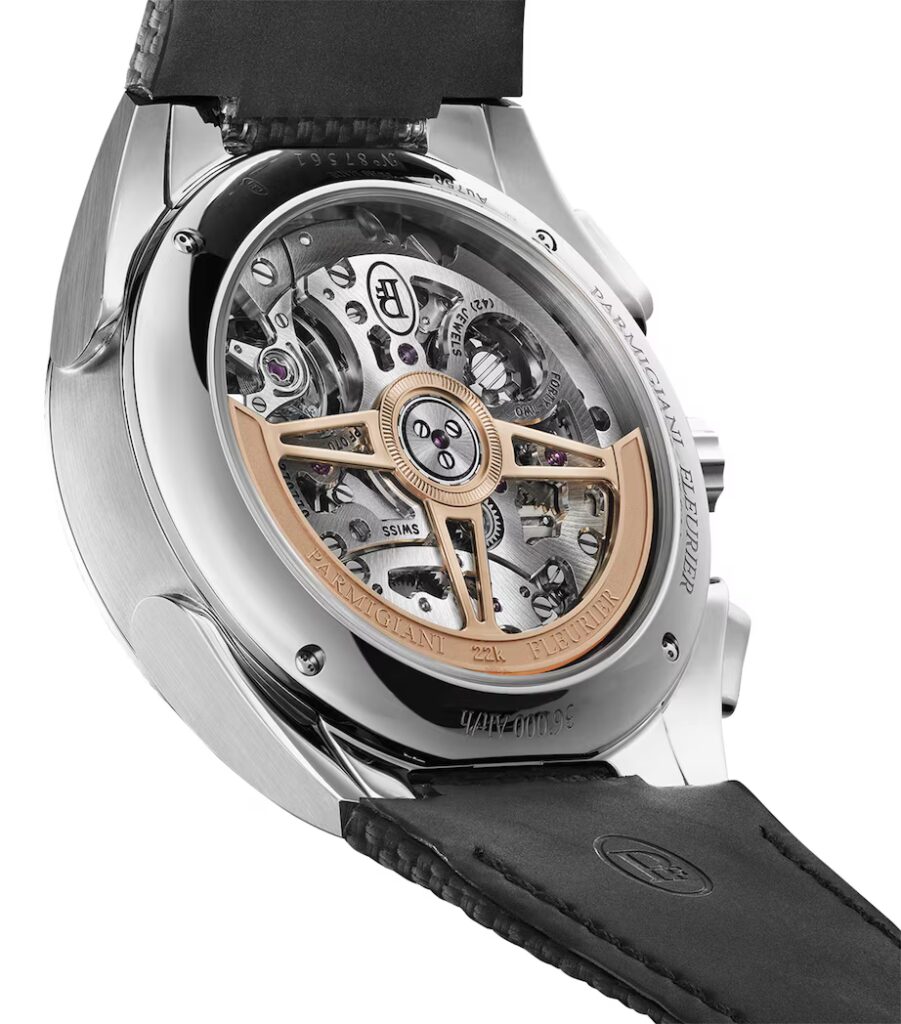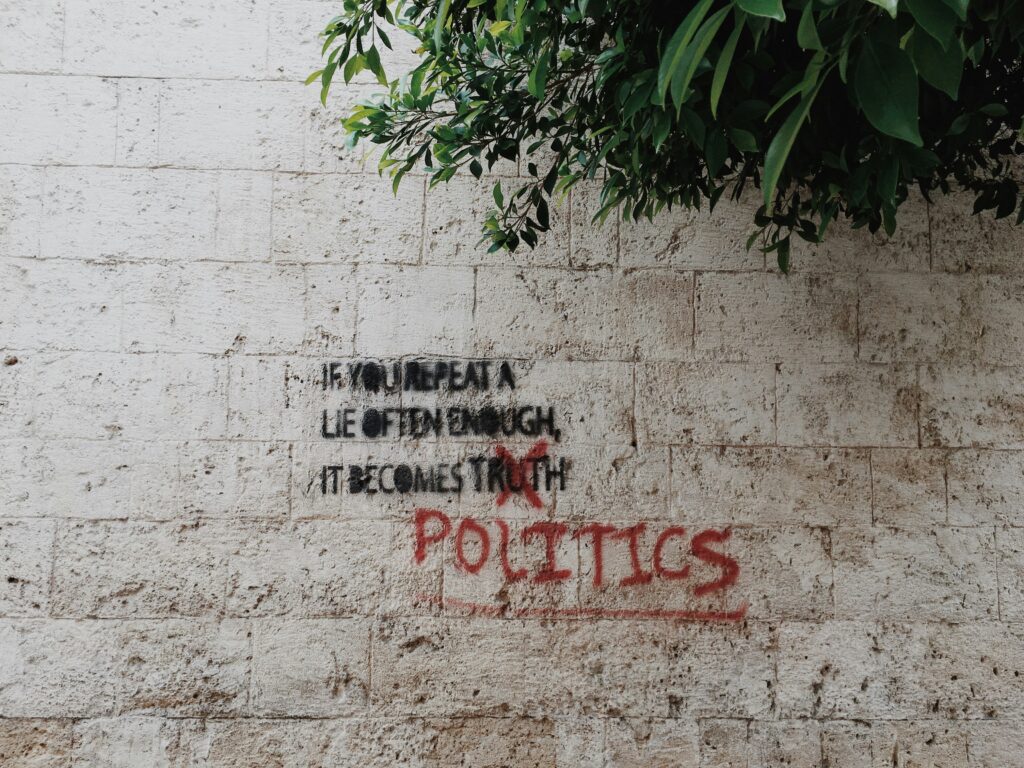
Global Markets Brace for Impact as Trump’s ‘Take It or Leave It’ Tariffs Loom
by Michael Lamonaca 5 July 2025
The global economic landscape is on edge as a new wave of U.S. tariffs, described by President Donald Trump as “take it or leave it” propositions, is set to be unleashed on Monday. With letters specifying new tariff rates for 12 countries already signed, the financial world, particularly European markets, is bracing for the potential fallout. This aggressive new stance marks a significant shift, moving away from protracted negotiations towards a unilateral approach that could redefine international trade.
The Looming Deadline and Unilateral Shift
President Trump announced on Friday that he had signed letters detailing proposed tariff levels for 12 nations, with these official communications slated for delivery on Monday, July 7th. These offers are presented as non-negotiable, a firm ultimatum to U.S. trading partners. While the specific countries remain undisclosed until Monday, the move underscores a growing frustration within the administration over stalled trade talks.
This development comes just days before the July 9th expiration of a 90-day pause on higher U.S. tariffs, which was initially intended to facilitate negotiations. The new rates, some potentially reaching as high as 70%, are expected to take effect from August 1st. This contrasts sharply with earlier White House intentions to negotiate customized trade deals, suggesting a preference for direct, decisive action over extended diplomatic efforts. So far, only the United Kingdom and Vietnam have managed to secure agreements, highlighting the difficulty many nations face in navigating these increasingly stringent demands.
Wall Street’s Caution and European Market Exposure
Wall Street, while having recently enjoyed a rally, is approaching this new phase with palpable caution. The uncertainty surrounding these tariffs is injecting fresh volatility into the market, and investors are closely monitoring for any signs of economic disruption.
The impact is particularly pronounced in Europe, where stock markets have already begun to feel the pressure. European shares, including Germany’s DAX and France’s CAC 40, saw declines on Friday as investors awaited the tariff deadline. Sectors such as banking and mining have been particularly affected. While healthcare stocks offered some resilience, the overall sentiment across European bourses remains subdued, reflecting concerns about reduced trade flows and increased production costs. The European Union, whose talks with the Trump administration have reportedly reached an impasse, is now considering strategies to maintain existing trade terms and avoid further tariff hikes.
The Economic Ripple Effect of Tariffs
The imposition of tariffs is not a unilateral action; it creates a ripple effect across global economies. While proponents argue that tariffs can boost domestic production by making imported goods more expensive, they also act as a tax on imports, raising costs for consumers and businesses. This can lead to reduced purchasing power, lower demand, and increased inflationary pressures.
Economic models suggest that tariffs can weaken both the implementing country’s economy and its trading partners. Retaliatory tariffs, a common response, can further deepen these negative impacts. Companies face uncertainty, potentially slowing investments and leading to supply chain disruptions. Furthermore, tariffs can influence currency valuations and the demand for government debt, making it more challenging for countries to finance their operations. The “take it or leave it” approach risks not only economic repercussions but also a significant fragmentation of the global trade architecture.
What Lies Ahead for Global Trade
As the letters are delivered on Monday, the world will gain clarity on which nations face new tariffs and the extent of the economic pressures. The coming weeks will be critical in observing how these targeted countries respond and whether this new, more aggressive U.S. trade policy leads to further escalation or ultimately pushes nations toward new, albeit potentially less favorable, agreements. The immediate focus remains on July 9th, the official end of the tariff pause, and the August 1st effective date for the new rates. The global economy is entering a period of heightened uncertainty, where proactive monitoring and adaptable strategies will be paramount for businesses and investors alike.
Inspired by: Trump signs ‘take it or leave it’ tariff letters for 12 countries, going out Monday, https://economictimes.indiatimes.com/news/international/global-trends/trump-signs-take-it-or-leave-it-tariff-letters-for-12-countries-going-out-monday/articleshow/122261661.cms


